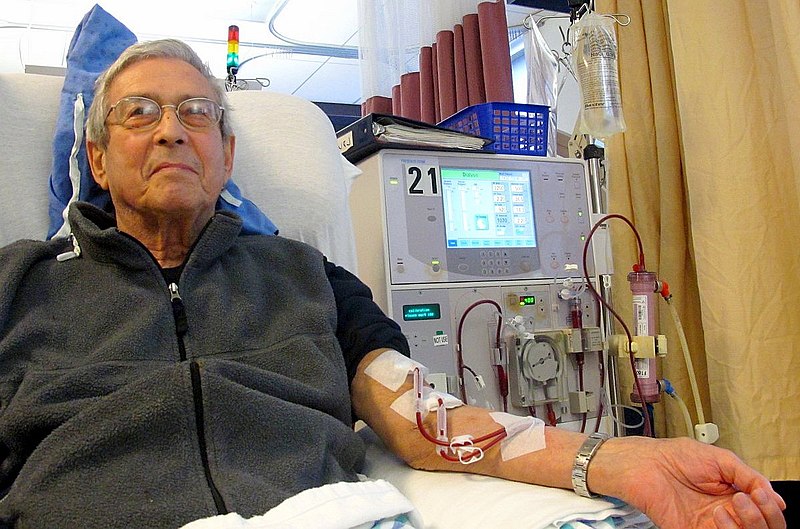Ever since electric cars entered the scene, the forecast among most automotive experts was that the internal combustion engine had no future. Of course, enthusiasts were appalled by this, thinking the days of great-sounding sports cars were counted down. But some companies, like Toyota and Alpine, want to keep the internal combustion engine alive by using hydrogen as fuel.
Toyota already raced its hydrogen GR Corolla prototype, powered by a 1.6-liter, three-cylinder turbocharged engine. But Alpine takes things further with the Alpenglow Hy6 – a futuristic hydrogen-powered supercar. Unlike its Toyota counterpart, the Alpenglow Hy6 has a 3.5-liter engine in V6 configuration, with the cylinder banks set at an unusual 100 degrees. Still, to ensure smoother operation, Alpine has set the crankshaft pins at 20 degrees.
The Hy6 engine has two turbochargers onboard, but can still rev to an astronomical 9,000 rpm. The secret lies in the super-square pistons (95 mm bore and 82.3 mm stroke), which allow the engine to build speed quite dramatically. Moreover, Alpine used indirect water injection to reduce knocking and NOx emissions. Alpine’s engineers also designed the combustion chamber specifically for dihydrogen (H2), allowing more efficient combustion. All these upgrades help the engine produce more power, with the Hy6 unit rated at 740 hp @7,600 rpm and a massive 770 Nm (568 lb-ft) of torque @5,000 rpm.
Alpine says that the Hy6 engine was specifically tuned for a more enjoyable auditory experience, with a special Inconel exhaust system that produces race-car-like sound at higher revolutions. The Alpenglow Hy6 competes with race cars in terms of performance, too, with a top speed of 330 km/h (205 mph). Meanwhile, the 6-speed Xtrac sequential gearbox with centrifugal clutch offers blazing-fast gear changes and sends the power to the rear wheels.
For fuel storage, the Alpenglow has three 2.1-kg cylindrical tanks that keep the hydrogen at 700 bars. Then, a pressure regulator lowers the hydrogen to 200 bars, before it enters the high-pressure fuel injection system. To ensure safety, the 700-bar tanks are made of composite material and are Regulation 134 certified. In addition, Alpine has built valves in the hydrogen delivery system, which provide rapid fuel evacuation in the event of fire.







